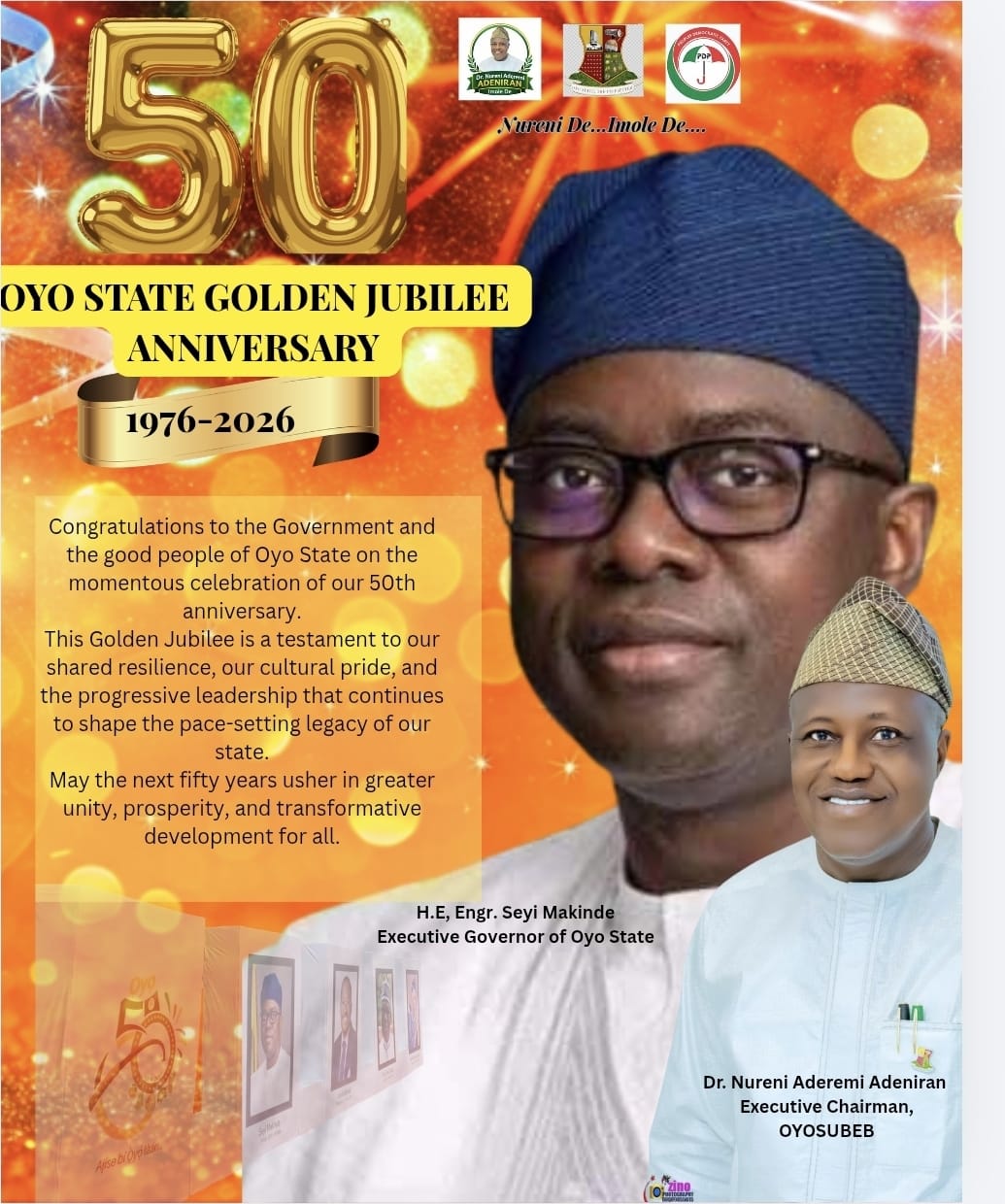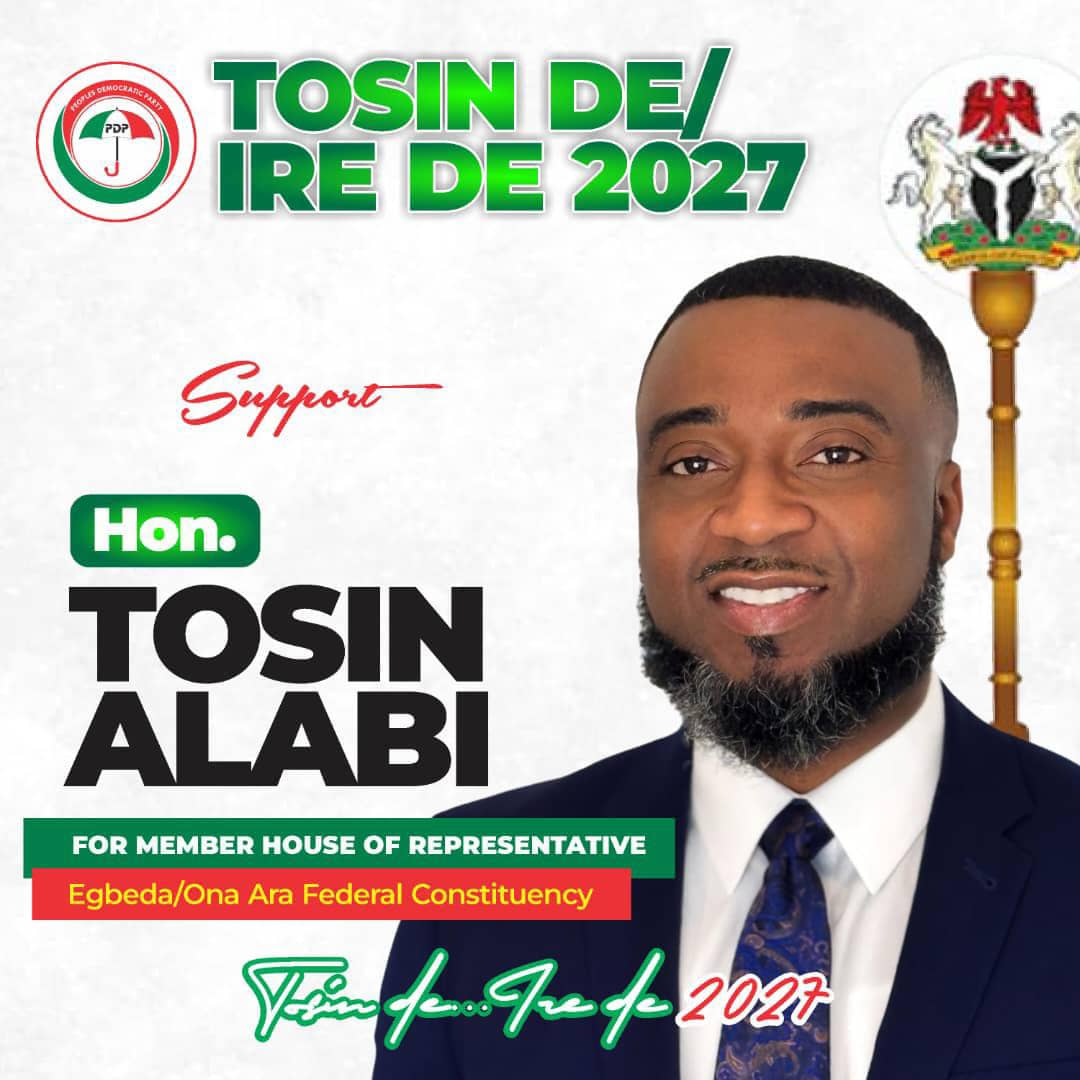By Babatunde Dayo Titilola
A lot is going on with the educational system in the state. Thanks to the incumbent governor, our public school system are making a right turn. While the public schools in the state are getting better due to reformative academic policies, we cannot say the same about private schools. Except for the fact that you have to be financially healthy to knock on private schools and that makes one strong distinction between them and government-owned schools.
The situation of private primary schools in Oyo town is not such an interesting one. With the ways they are being run, it is evident that owners are for-profit and very less of impacting pupils. There are surprising conditions that have enveloped the private primary school system in the town.
From data gathered, 9 out of every 10 private primary schools in the town have at least 2 NCE-certified teachers. Each of these teachers is employed to take at least 2 classroom subjects, together with any assigned administrative duty. The closing time of an average primary school is 3 pm. It is the case that we see some pupils returning from their schools minutes past 6 in the evening. One could draw a mental picture of the volume of work these teachers have to perform every day for five days. Despite the sweats and everyday grind, it is very sad to discover that a large percentage of these teachers are underpaid. Some are paid as low as 6,000 naira monthly. It is much worse even than some proprietors owe this meagre salary despite their strict school fees policies.
Speaking with a private primary school teacher, he said, “Obviously this money is not enough. But with the situation people face, something is better than nothing.” When asked whether asking for a raise is a possibility, a teacher replied, “No, the owner does not listen to that. It is a private school. You either accept or leave.” One furthered this claim by affirming that one could get sacked for asking a raise.
At the end of various talks with private primary school teachers, it was discovered that there is no union these teachers can associate with. Unlike the private school owners who form the National Association of Proprietors of Private Schools (NAPPS), private school teachers have nothing like that. In this case, everyone stands to fight his struggles by himself. Deductively, it is unlike public school teachers with a recognized pressure group, NUT. Private school teachers lack such an institution, and this continues to lay grounds for proprietors to exploit the helpless teachers.
No one should be so naïve as to think that wages among organized groups will not be increased, under pressure if necessary, to make up for an increase in the cost of living. Nor should anyone ordinarily object to such adjustments. This is the direct opposite of what is happening in the private education sector.
In the opinion poll conducted with some private school teachers, especially primary school teachers, it was revealed that the absence of such pressure groups makes these teachers be at the mercy of school proprietors. Any school proprietor can never welcome the idea of creating private teachers’ group because they know the group will rapidly grow in strength and numbers to demand what is rightfully theirs.
If school proprietors continue the use of their excessive discretion at the expense of the teachers, it is only a matter of time before the teachers become slaves and eternally crippled. The fact that no teacher would individually spearhead the clamour for a reasonable payment system for fear of becoming unemployed is what makes many quiet and continue to struggle in their helpless state. If there is a union with aims and objectives to defend these teachers’ interests, they would be freed from this unfairness. “Just because it is your private business does not mean you should mistreat your employees.”
The consequences are not far fetched. Apart from the teachers losing commitment and interest in teaching, there is a toll on the innocent pupils too. While many of these unhappy teachers show less seriousness in their schools, the pupils are deprived of quality basic education. There is a lot to be seen in this ugly situation. The chain of effect is bound to run through the educational system if something is not done. And primary education is a basic necessity to develop a child. If the private primary education system continues to experience this, the academic spirit of the pupils will drop and eventually, they will fail to get a firm grip on basic primary education.
Perhaps, this is one of the roots of the education system that should be repaired. The autonomous power exercised by the proprietors negatively affects the poor helpless teachers as well as the students. It is time for an intervention to secure the wellbeing of private school teachers and the future of pupils. If the foundation is weak, what does the future hold?
- Babatunde Dayo Titilola writes from Oyo town, Oyo state.























